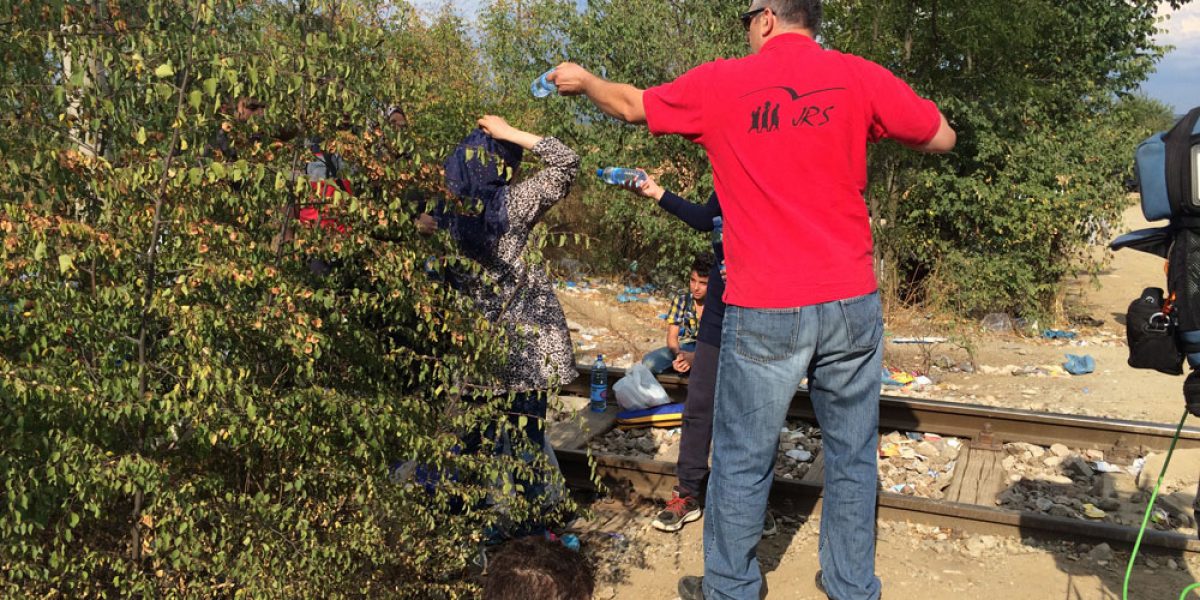Stop refugee deaths: yes we can
31 August 2015

Brussels, 31 August 2015 – With no alternatives, people fleeing war and oppression try to reach safety in Europe at any cost. All too often they die. Stopping such tragedies is entirely achievable. Through cooperation and good governance European states may open legal and safe channels for refugees to reach Europe. Now is the time for a European humanitarian visa scheme.
The catalogue of tragedies on Europe’s borders continues to grow. On 27 August two boats carrying about 500 people sank in the Mediterranean Sea on their way from Libya to Europe. The UN estimates that 2,400 people have drowned in the Mediterranean so far this year. Thousands of Syrian, Afghan and Iraqi refugees continue to arrive in Greece on a daily basis. Food, water and shelter are in short supply. The number of casualties here is unknown. On the same day as the Mediterranean shipwrecks, 71 people were found dead in the back of an abandoned lorry on an Austrian motorway near Vienna.
“What happened in Austria is unacceptable. This is not only a moral problem, but a political one. All European countries and societies need to work together and develop a coordinated response that protects life,” says JRS Europe director Jean-Marie Carrière.
“The only way to prevent more deaths is to implement measures that would allow refugees to travel safely and legally to Europe,” says JRS Europe advocacy officer Olga Siebert. “As the EU Visa Code is currently being reformed, it is absolutely essential that the humanitarian visa is included in the new legislation. A unified European humanitarian visa would destroy the business model of smugglers and allow people to use regular means to reach Europe and apply for asylum on European territory” Siebert explains.
“Asylum Seekers are not a threat to Europe – our policies are a threat to them,” noted Caritas following the Austrian tragedy. When EU ministers meet for talks on migration on 14 September, JRS Europe calls for safe and legal access to asylum to be at the top of their agenda.
“Borders are killing people,” says Carrière. “Building more fences will only result in more deaths. To conquer our fear we must extend the hand of friendship to people in need. Together with policymakers we can learn from local initiatives of welcome and build good European governance on refugees,” he concludes.
There are many good examples of welcome and support across Europe. With Mare Nostrum the Italian government showed that search and rescue missions in the Mediterranean were entirely possible. Recently, the German government has announced that it expects to receive 800,000 asylum seekers by the end of the year. Instead of scaremongering the German government is working to accommodate and shelter people properly. Our last article summarised the work of civil society across Europe in supporting refugees. It is time for strong Europe-wide governance to offer access to protection for refugees.
What happened in Austria is unacceptable. This is not only a moral problem, but a political one. All European countries and societies need to work together and develop a coordinated response that protects life.
